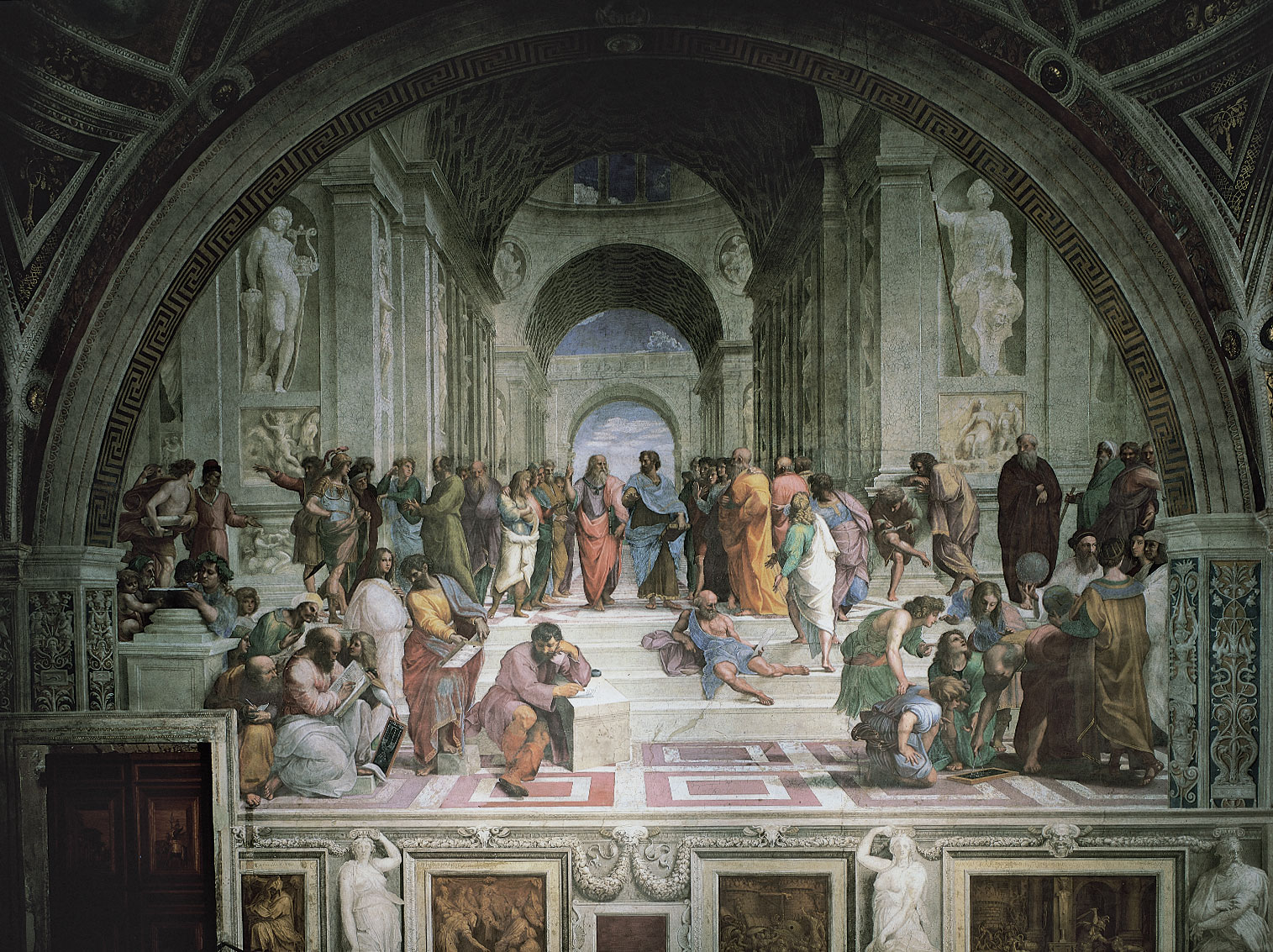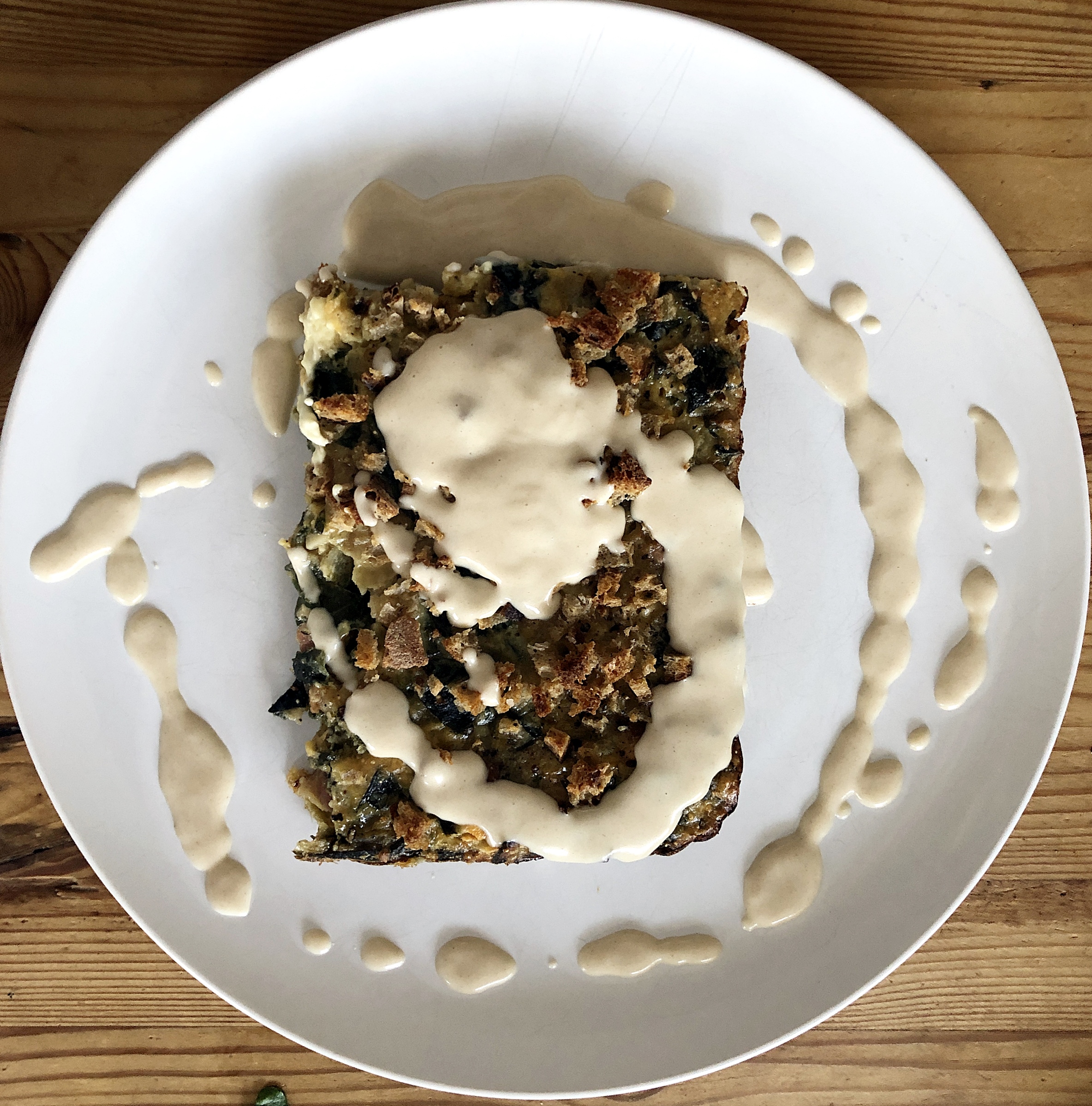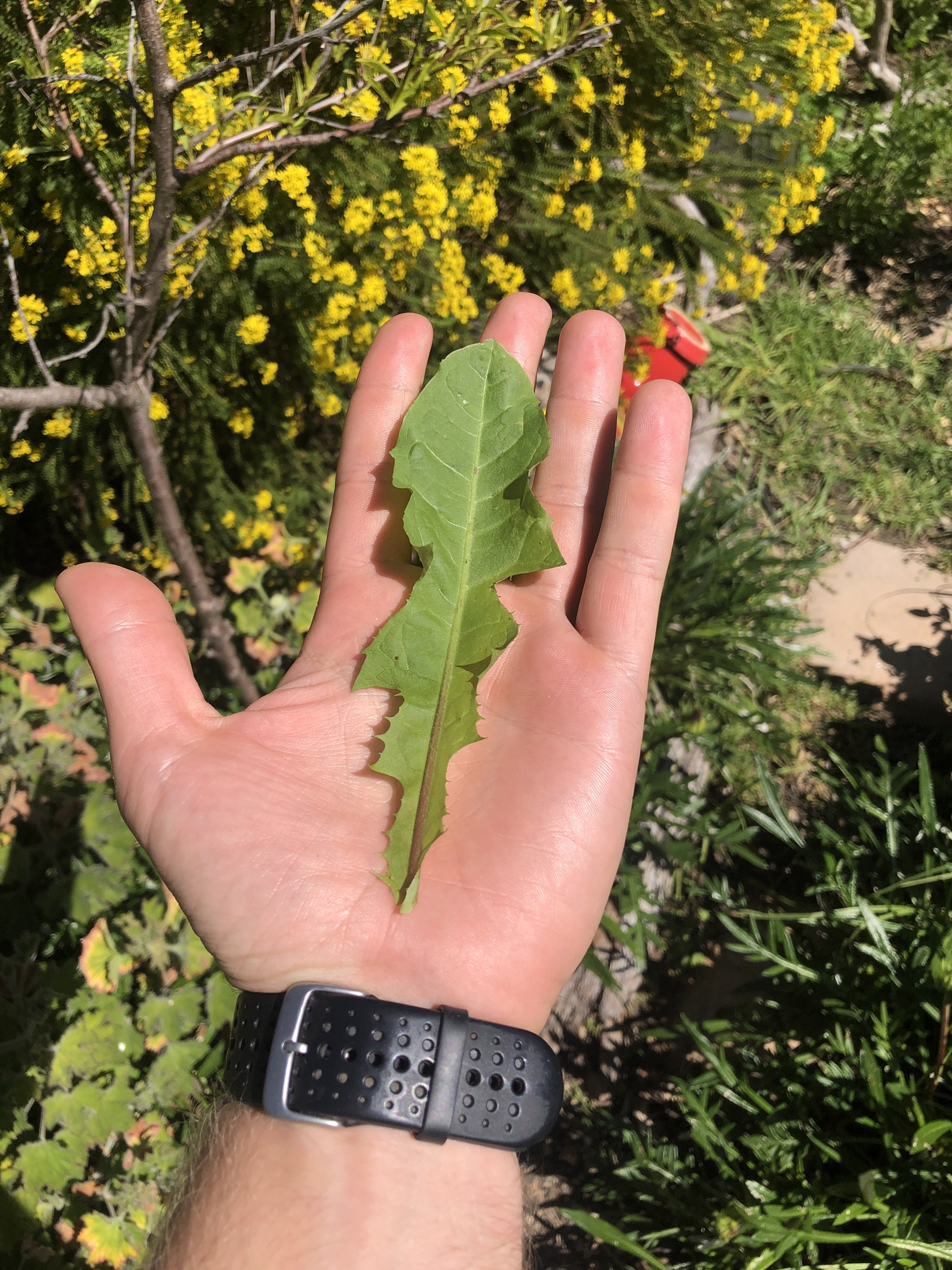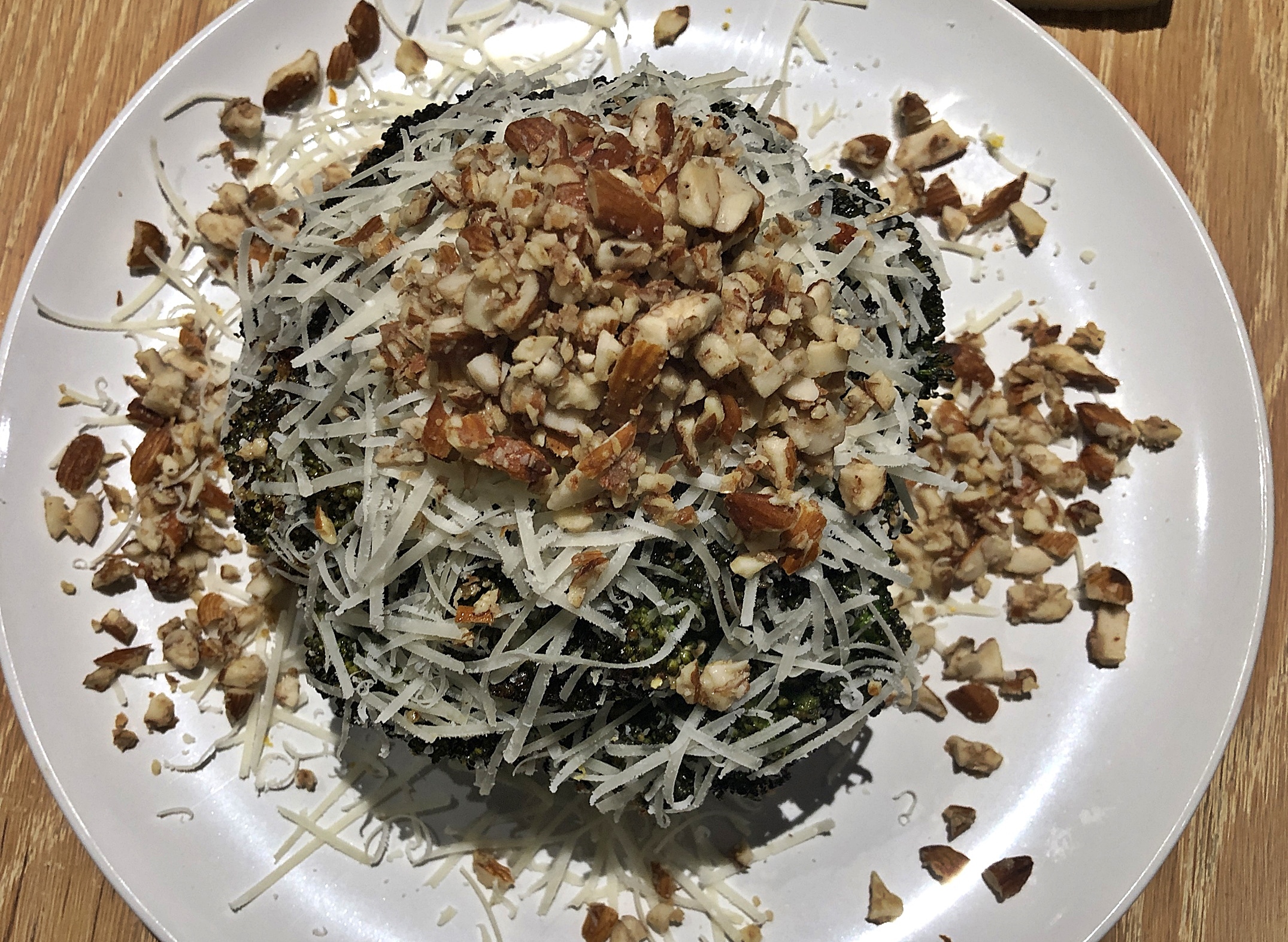Philosophy 101: How to use philosophy to answer the question "How might I live my life" (Part 1)
Introduction
Philosophy is a rich, vast, and daunting mountain to climb. From the outset, it might look like a jungle with thick overgrowth or it might look like an unclimbable mountain. This might be true in some cases, some philosophers don't even understand each other. However, this view might not be all that applicable to the everyday person trying to understand his or her own life regarding the bigger scheme of things. An often neglected part of philosophy is that most philosophers struggle with the question as to how one might live his or her life. Most philosophy, consequently, can be read as trying to answer the question as to how might I live my life?

In this course, I will try and teach some basic philosophy with the eye on this question. This question also makes philosophy relevant to the everyday person who struggles with things which most philosophers have struggled with for over 2000 years. Psychology and modern medicine is just that, modern. In other words, the leading psychological work and medicine date back to, say, 200 years. What I am trying to illustrate here is that philosophy seen as vast "bank" or "storage" of answers and questions people have asked and tried to answer for 2000 years, is something the everyday person should be able to access in order to feel more comfortable in this strange place. Philosophy has the power to make you feel less strange in this truly strange world.
"How might I live my life?" Structure of the Course
The course will consist of various parts:
- The first section of this course will deal with how to read and write philosophy. This will give you the tools to understand philosophy as a subject and also the "lingo" or jargon most philosophers use. In this section, you will learn valuable tools so that you can read any philosophy paper. You might not understand it yet fully, but you will have a "feel" for how to read a philosophy paper. The main focus in this section will be so that you can start to read philosophy with the eye on changing your life or to start answering the question as to how you might live.
- The second section will deal with particular philosophies. This will be: the history of philosophy, fields in philosophy (such as ethics, ontology, metaphysics and epistemology) and specific philosophers and movements (such as Derrida and Deconstruction). This section will be very theoretically based.
- The third section will focus on Practical philosophy. Here we will use philosophy in order to analyze texts and things in your own life.
- The last section of this course will be a synthesis of everything we have done. You will be able to start and answer the question: How might I live my life? Philosophy is not about answering questions, so this will be seen as a new lifestyle you adopt, perpetually trying to understand the strange place we find ourselves in.
Join Me in the Adventure of philosophy!


Just briefly my own story. I am a philosophy student (MA thesis) and tutor. I have been on these platforms for years and this is the ideal opportunity to give back with most people experiencing lockdown etc. My own speciality is Philosophical Counselling, hence the focus on answering the question as to how you might live your life. I really hope that you will take this journey into what philosophy is with me. I will see you in the next post where we will start with what the heck is philosophy anyway?









Comments